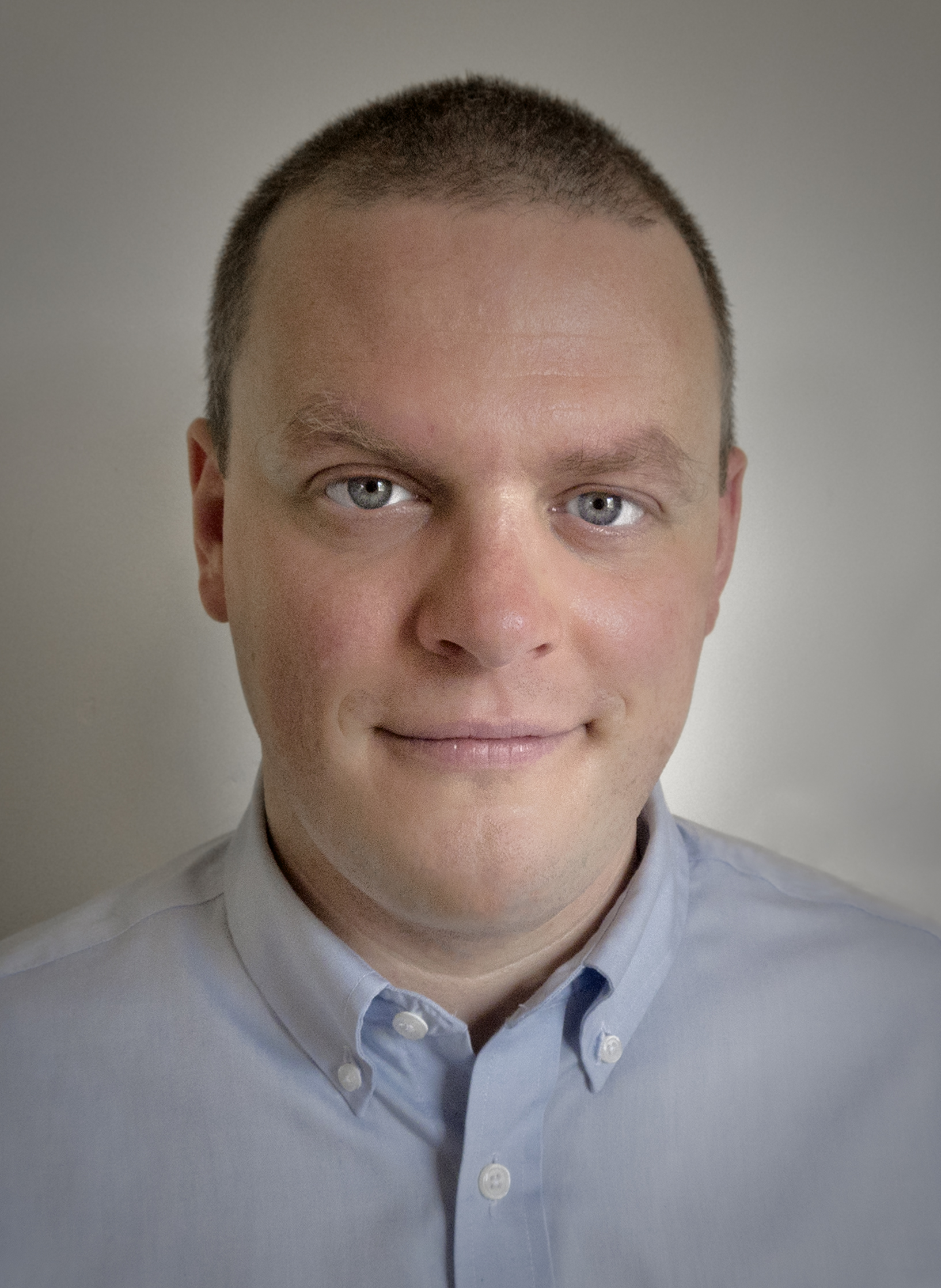Subjectivity and Objectivity
Hi, my name is First Last and I’m a Title in the Sub-Institution at Institution. I’m mainly interested in my research topic and how methodology can create new generalizable knowledge about that topic. I’m working on a grant from federal funder to use methodology on my research topic, and a grant from private foundation to use methodology on my research topic.
That’s my rough Mad Libs style template for how people seem to be expected to introduce themselves at the academic meetings, workshops, and conferences I have attended. I have always found it to be more effective at creating a political economy that revealing much about the speaker, but I do understand that it efficiently delivers a summary of a person’s professional academic life. I think that academia has developed this style of introduction partially because of what I call the illusion of objectivity.
Objectivity in science has been discussed at length, and understood as a cornerstone, ideal, and/or culture among other framings. My summary of objectivity in science is: science done by robots is better than science done by people. This is because people are messy, complex, emotional, biased, and many other “unscientific” things. “Physics envy” is one way this manifests in academia, referring to a hierarchy of fields that preferences the objective universal truths of physics above other knowledge.
Of course, as I alluded to earlier, I think objectivity can be illusory. In physics, and elsewhere, scientific knowledge changes over time, lacks coherent results, isn’t necessarily that reliable to begin with, and discovery is driven by the values of the people doing and funding scientific work. I don’t think these things are bad, I think they are (and have always been) the nature of scientific inquiry. I do think that the primacy of objectivity as a goal can render the inherent subjectivity of human activity (including science and academia) invisible.
That is not the case for this grant, which began with people, the things they care about, and how they might organize and communicate those things. More transparently and clearly than many health science activities, work done by people formerly known as patients is subjective. It’s about their lives, their problems, their knowledge, their curiosity. That’s why the Convening we planned began with baggage claim. It was an explicit invitation to leave behind programmatic introductions and comfortable contributions to explore our subjective experiences and build an understanding of how the next wave of people formerly known as patients might benefit from our experiences.
Starting with what matters to people, what might help individuals, and how those individuals are different embraces subjectivity. It’s the opposite of stripping out everything human to avoid messiness and bias in pursuit of objectivity. We hope our more subjective approach is successful both for the people with diabetes who are working with our data science team, and for opening pathway for discovery, research, and innovation in health (and healthcare).
